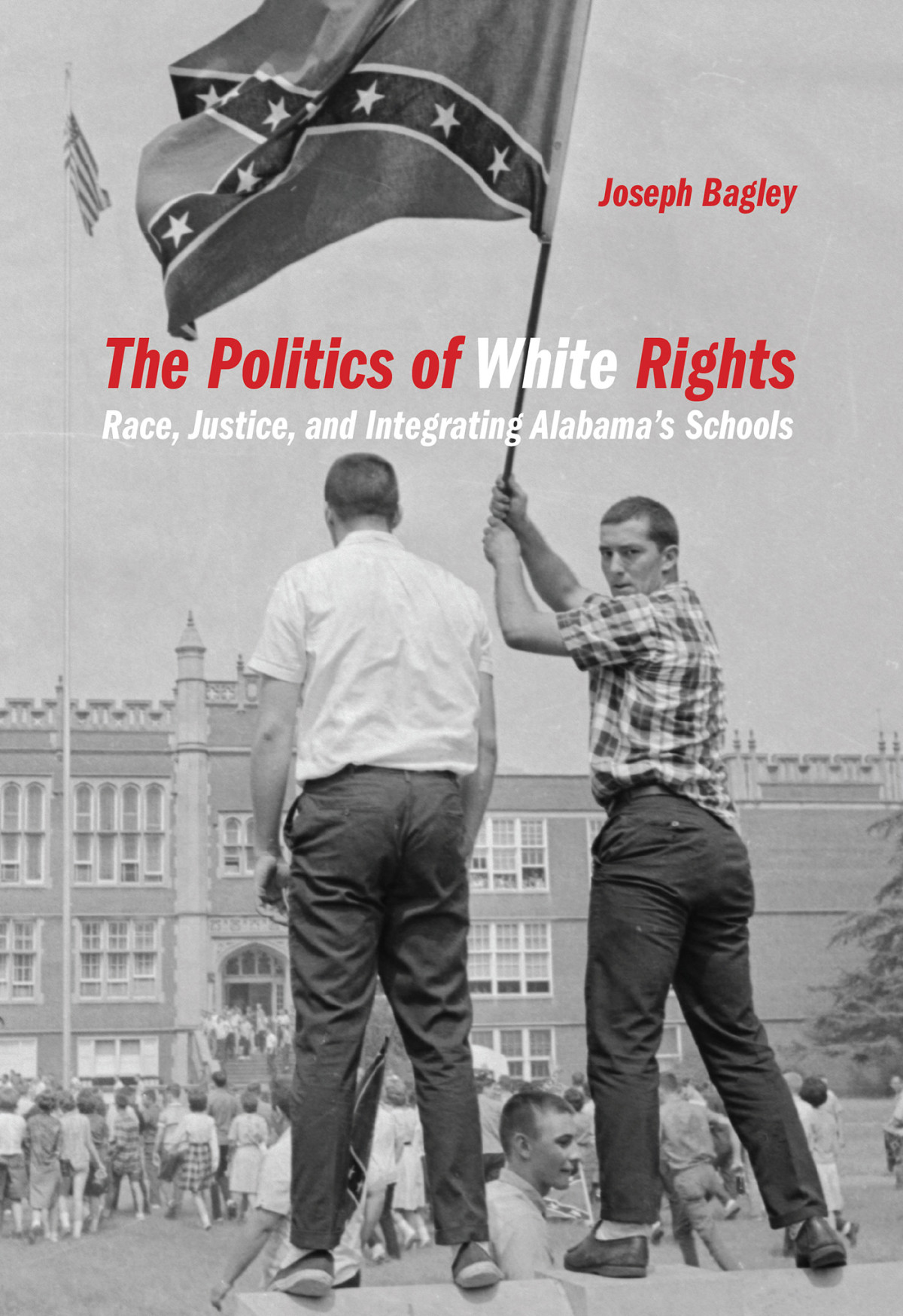

Most ebook files are in PDF format, so you can easily read them using various software such as Foxit Reader or directly on the Google Chrome browser.
Some ebook files are released by publishers in other formats such as .awz, .mobi, .epub, .fb2, etc. You may need to install specific software to read these formats on mobile/PC, such as Calibre.
Please read the tutorial at this link: https://ebookbell.com/faq
We offer FREE conversion to the popular formats you request; however, this may take some time. Therefore, right after payment, please email us, and we will try to provide the service as quickly as possible.
For some exceptional file formats or broken links (if any), please refrain from opening any disputes. Instead, email us first, and we will try to assist within a maximum of 6 hours.
EbookBell Team

0.0
0 reviewsIn The Politics of White Rights , Joseph Bagley recounts the history of school desegregation litigation in Alabama, focusing on the malleability and durability of white resistance. He argues that the litigious battles of 1954-73 taught Alabama's segregationists how to fashion a more subtle defense of white privilege, placing them in the vanguard of a new conservatism oriented toward the Sunbelt, not the South.
Scholars have recently begun uncovering the ways in which segregationists abandoned violent backlash and overt economic reprisal and learned how to rearticulate their resistance and blind others to their racial motivations. Bagley is most interested in a creedal commitment to maintaining "law and order," which lay at the heart of this transition. Before it was a buzz phrase meant to conjure up fears of urban black violence, "law and order" represented a politics that allowed self-styled white moderates to begrudgingly accept token desegregation and to begin to stake their own claims to constitutional rights without forcing them to repudiate segregation or white supremacy.
Federal courts have, as recently as 2014, agreed that Alabama's property tax system is crippling black education. Bagley argues that this is because, in the late 1960s, the politics of law and order became a politics of white rights, which supported not only white flight to suburbs and private schools but also nominally color-blind changes in the state's tax code. These changes were designed to shield white money from the needs of increasingly black public education. Activists and courts have been powerless to do anything about them, because twenty years of desperate litigious combat finally taught Alabama lawmakers how to erect constitutional bulwarks that could withstand a legal assault.